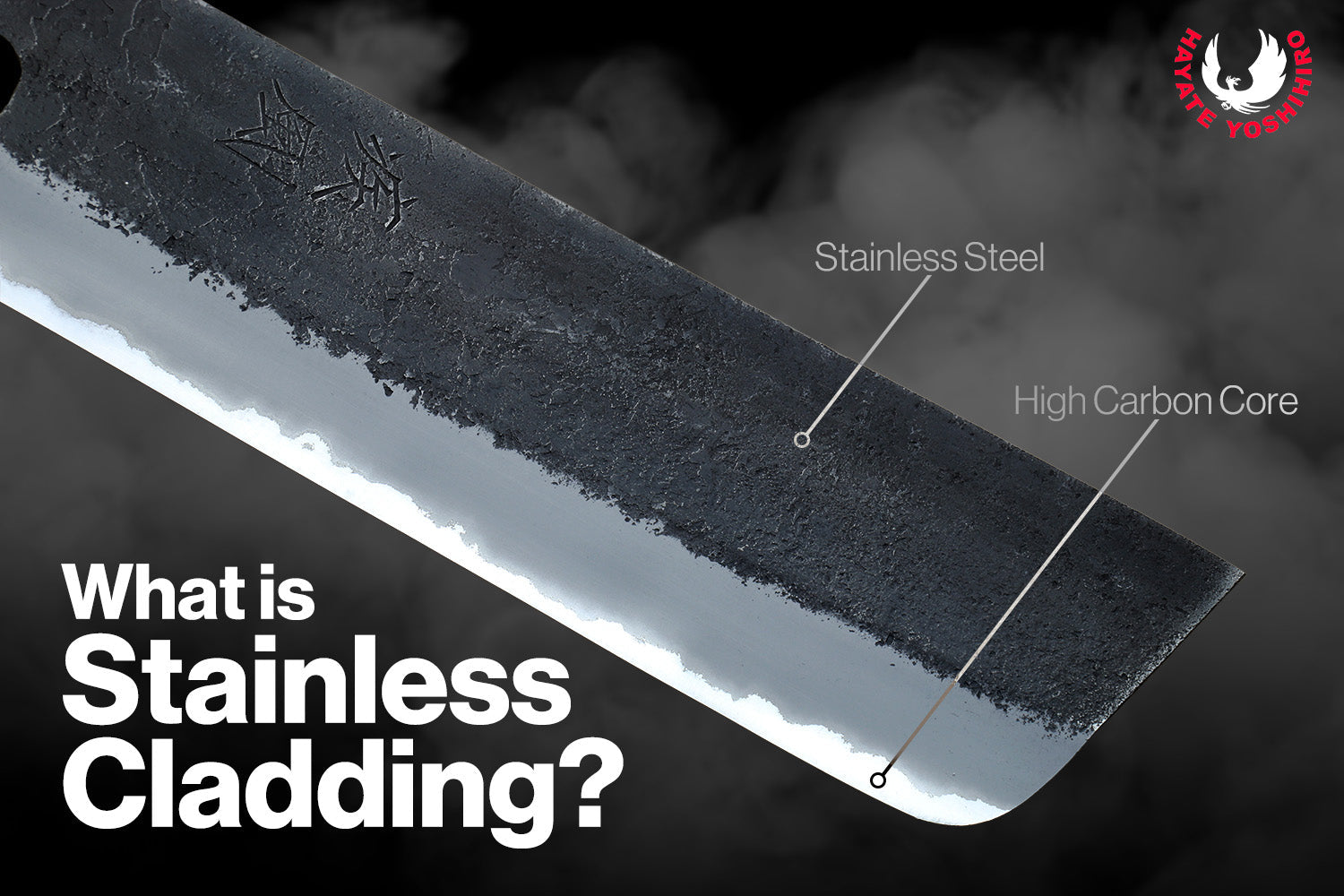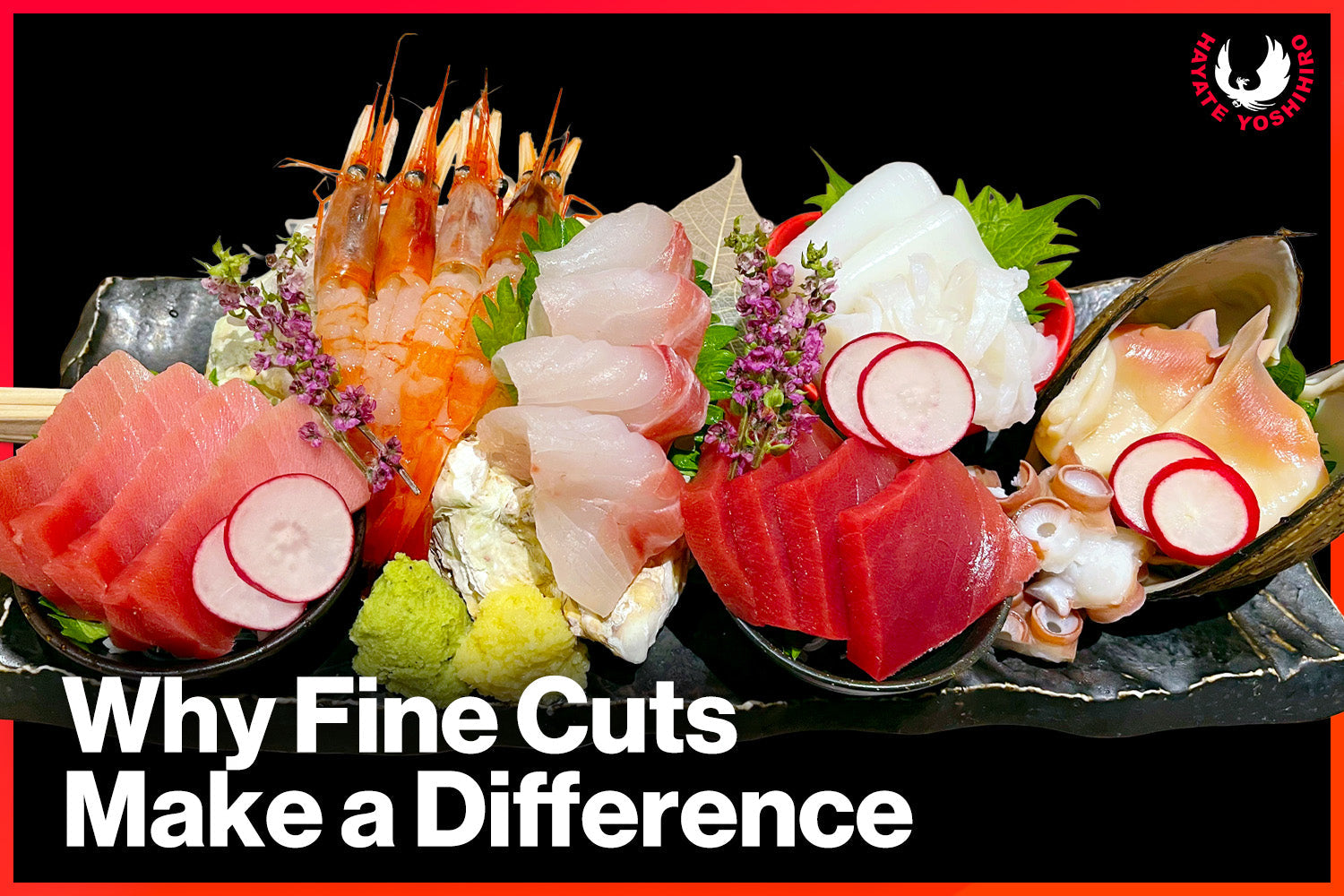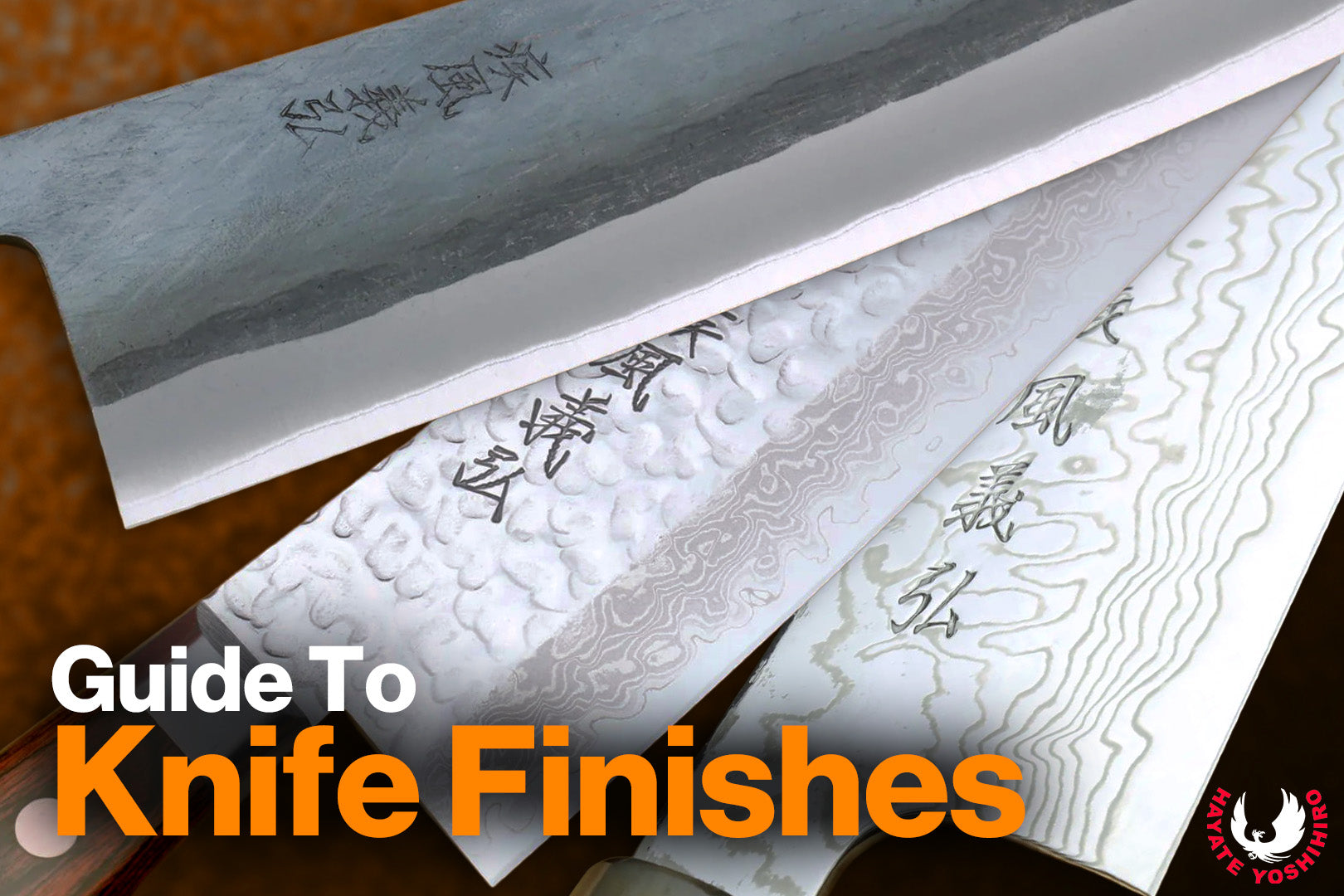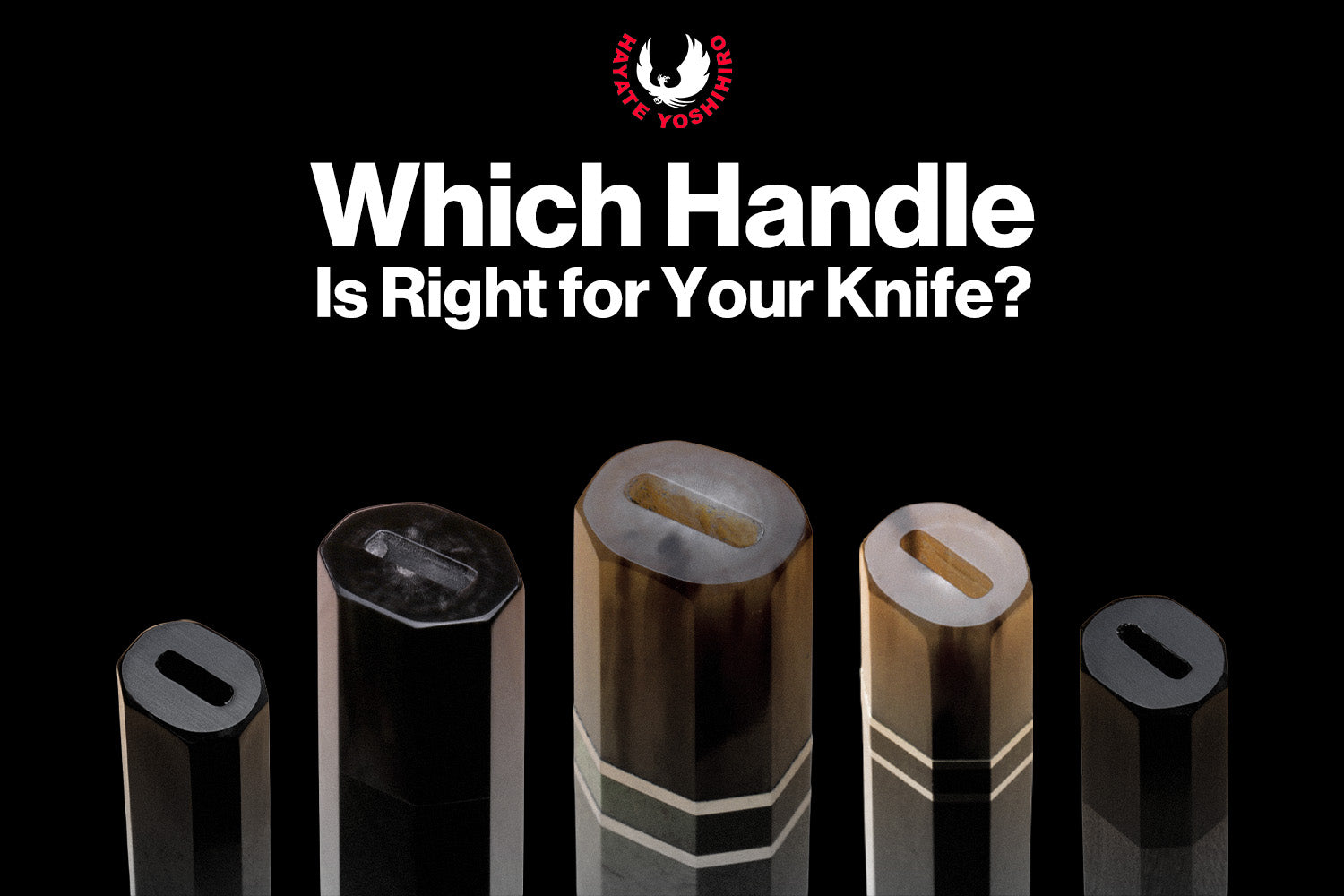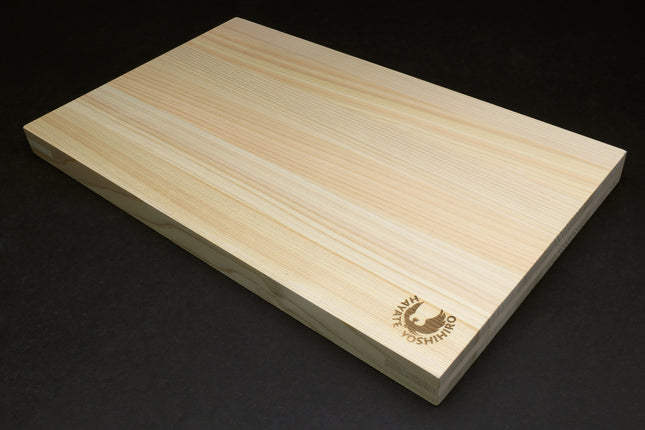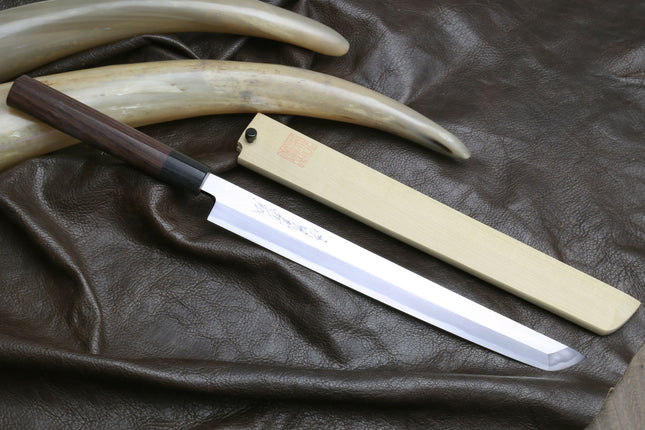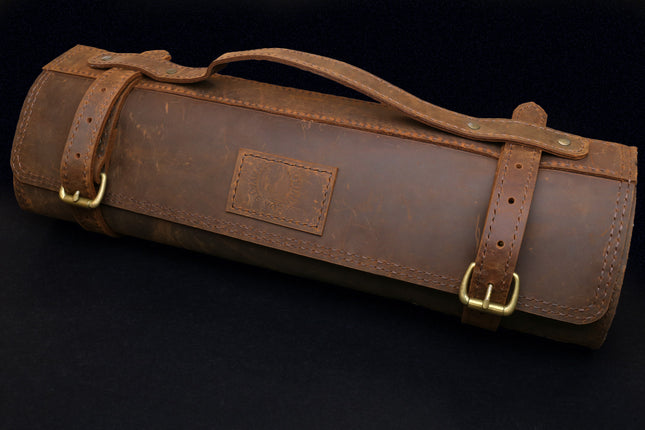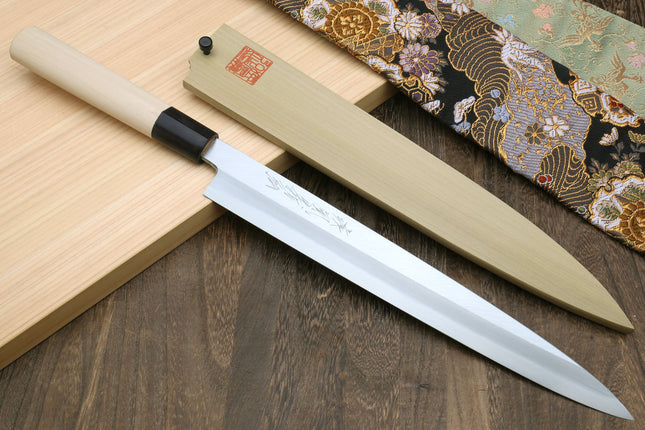Why a Sharp Knife Makes All the Difference: Benefits of a Fine Cut in Cooking
- by Yoshihiro Cutlery
- 2 min reading time
Learn how a sharp knife enhances food flavor, safety, and efficiency. Discover the importance of a fine cut for better cooking and longer-lasting ingredients.

Using a sharp kitchen knife doesn’t just make food prep easier—it improves cooking results, preserves ingredient quality, and lowers the risk of injury. Whether you're a home cook or a professional chef, understanding the benefits of a sharp knife helps you get more out of your tools and your ingredients.
Cleaner Cuts Preserve Integrity—in Food and Beyond
Think of how a clean cut on skin typically heals faster and with fewer complications than a jagged one. The same idea applies to food. A sharp knife makes clean, precise cuts that help preserve the structure and freshness of your ingredients. Dull blades, on the other hand, crush and tear, damaging texture and accelerating spoilage.
Preserving Moisture, Flavor, and Freshness
A sharp knife glides through vegetables, herbs, and proteins, helping keep their cellular structure intact. This preserves moisture, flavor, and texture—resulting in less juice loss, better mouthfeel, and slower oxidation. The result? Longer-lasting, better-tasting ingredients with every slice.
Try this simple test: prep two identical vegetables with different knives—one sharp, one dull—and refrigerate them. The sharp-cut vegetable stays fresher, crisper, and more vibrant over time.

Enhancing Flavor and Presentation
Clean, precise cuts help maintain the natural character of ingredients. Sharp knives slice herbs like basil without bruising, preserving aroma and preventing bitterness. Proteins cut cleanly tend to cook more evenly and look more refined on the plate—important for both taste and presentation.
Faster, Easier, More Comfortable Prep
Sharp knives reduce resistance and glide through tough ingredients like carrots or fish skin with ease. This makes prep faster, more accurate, and far less tiring on your hands and wrists. With a smooth, controlled motion, you cut cleanly—no excessive pressure or sawing required.
Sharp Knives Are Safer Knives
It may seem counterintuitive, but sharp knives are often safer. Dull blades require more force, increasing the risk of slipping and losing control. A sharp knife gives you better precision and responsiveness, helping you stay in control with every cut.

Keep Your Edge: Sharpening Matters
Even the finest knives need regular care. Over time, all blades lose their edge and must be sharpened to maintain performance. For traditional Japanese knives, we recommend using waterstones to restore sharpness while preserving the correct blade geometry.
Need help keeping your knife sharp? Explore our professional knife sharpening services or visit our knife sharpening guide for tips and tutorials.
Frequently Asked Questions
What are the benefits of a sharp kitchen knife?
A sharp knife improves precision, enhances food quality, speeds up prep, and lowers the risk of accidents.
How does a dull knife affect food?
Dull blades tear and crush ingredients, which can cause bruising, faster spoilage, and poor presentation.
Are sharp knives really safer?
Yes. Sharp knives require less force, giving you more control and reducing the chance of slipping.
How often should I sharpen a Japanese knife?
Frequency depends on use, but many home cooks sharpen their Japanese knives every few months using a waterstone.
Featured Products
Share information and details about this collection

